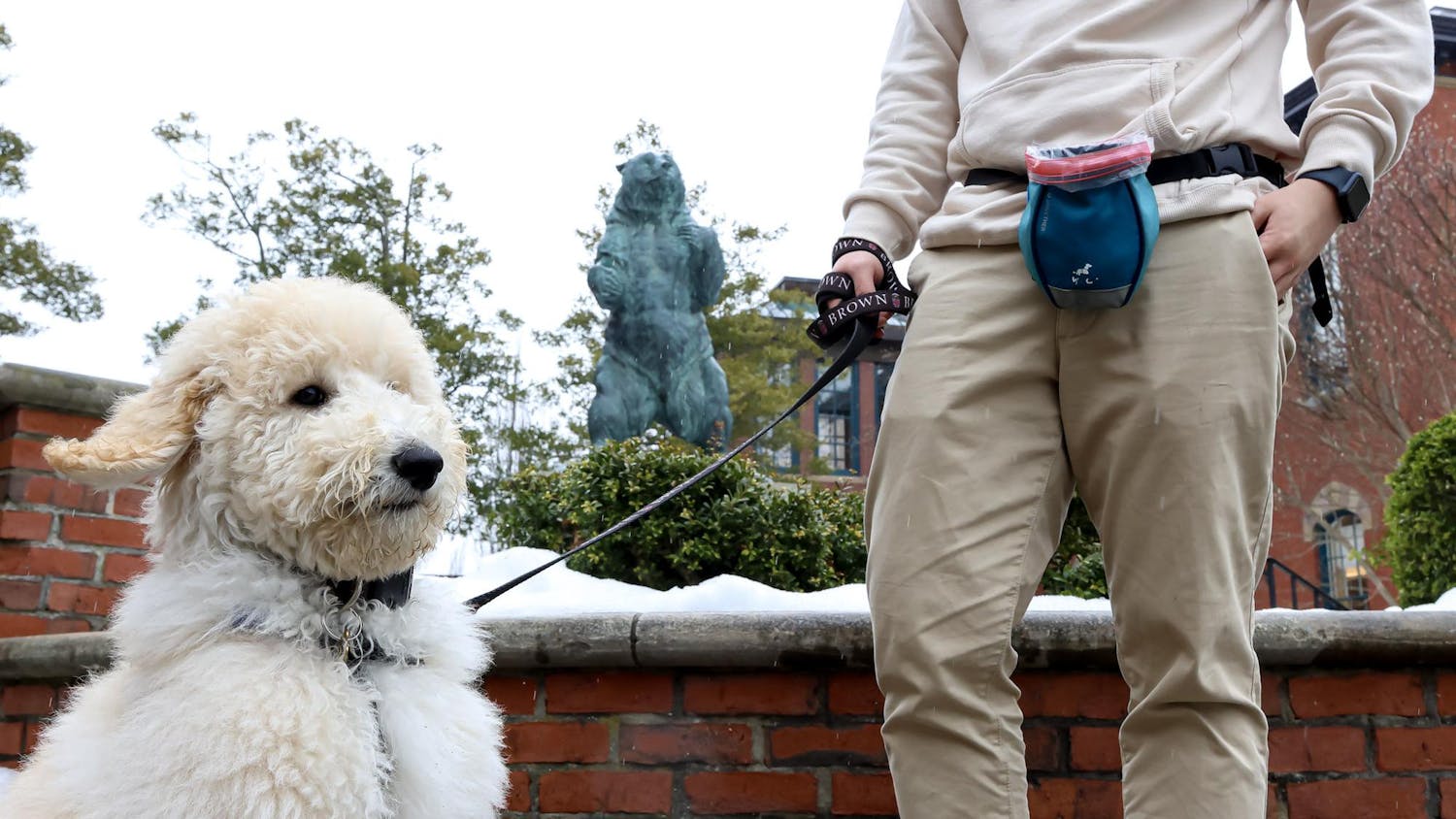Harvard Dining Services strike heats up as it continues into third week
About 1,000 employees, students and supporters from all around New England rallied and marched from Cambridge Common to Cambridge City Hall Oct. 22 in support of the Harvard University Dining Services employee strike, according to the Harvard Crimson. Negotiations between Harvard and UNITE HERE Local 26 — the union representing HUDS employees — will soon enter their third week, though there are “hopeful signs of progress” after a negotiation session between the union and administration, wrote Sheila Thimba, dean for administration and finance, in an email to Harvard faculty deans Oct. 20.
Unionized HUDS employees have been specifically fighting for an increase in minimum salary and continued health benefits, the Crimson reported. So far, the union has denied suggested changes to health benefits and demanded that the administration offer HUDS employees year-round work at an annual minimum salary of $35,000.
Since the strike started Oct. 5, several dining halls have been shut down, forcing the administration to turn to temporary workers and volunteers to run the rest of the available dining halls, according to the Crimson. The administration has even given a “one-time value of $25 to students’ Crimson Cash and BoardPlus accounts” to use in off-campus eating establishments that accept Crimson Cash.
“I serve the people who created Obamacare, people who treat epidemics and devise ways to make the world healthier and more humane. But I can’t afford the health care plan Harvard wants us to accept,” wrote Rosa Ines Rivera, who has worked for HUDS for 17 years, in an op-ed titled “Struggling to Serve at the Nation’s Richest University” published in the New York Times Monday. Even though Harvard wields a $35 billion endowment, the typical salary for a HUDS employee is $31,193 a year, Rivera wrote.
Florida colleges and universities to offer more online courses
The Board of Governors for the State University System of Florida recently announced that it aims to have 40 percent of undergraduate credit hours be obtained through online courses by 2025, according to the Sun Sentinel.
Students within the state’s public college and university system already have the option to take online-only courses for credit, but the courses can be more expensive than taking traditional classes on campus. For example, a student taking an online course for credit at the University of North Florida pays about $729 compared to $639 for a student taking the class on campus, according to the Sentinel. Other universities within the system, such as the University of Florida and Florida State University, have legislative mandates that require online classes to be cheaper than in-person classes for students exclusively taking courses on the web.
With the transition, the State University System of Florida is hoping to offer not only more online courses but also “tuition breaks” for students who take online courses. A report from the Board of Governors also shows that students who take online classes tend to graduate earlier.
“Many students work and go to school full time, and they should not be penalized for choosing to take online classes, which can be more convenient than driving to campus,” Florida Gov. Rick Scott said at an education summit in May, the Sentinel reported.
Conservative legal scholars write statement arguing against Trump
A group of 29 conservative legal scholars — including over a dozen law professors — who “are committed to the original meaning of the Constitution of the United States” released a petition against Republican presidential candidate Donald Trump titled “Originalists Against Trump” Oct. 17, according to the Washington Post.
Though Trump has tried to convince “reluctant conservatives” to support his campaign with his Supreme Court nominations, the originalists are still not convinced, the Post reported.
While many of Trump’s supporters believe that the presidential nominee will uphold the Constitution, his actions during his campaign and business career show that he has been “indifferent or hostile” toward the laws in the Constitution, according to the petition.
“Whatever reasons there might be to support Donald Trump, the Constitution is not among them,” the scholars wrote in the petition. “We call on (Americans), through their voices and their ballots, to deny the executive power of the United States to a man as unfit to wield it as Donald Trump.”
Despite their stance against Trump, the scholars were adamant about the Constitution’s ability to avoid any harm from a single administration. “Originalism has faced setbacks before; it has recovered. Whoever wins in November, it will do so again.”




